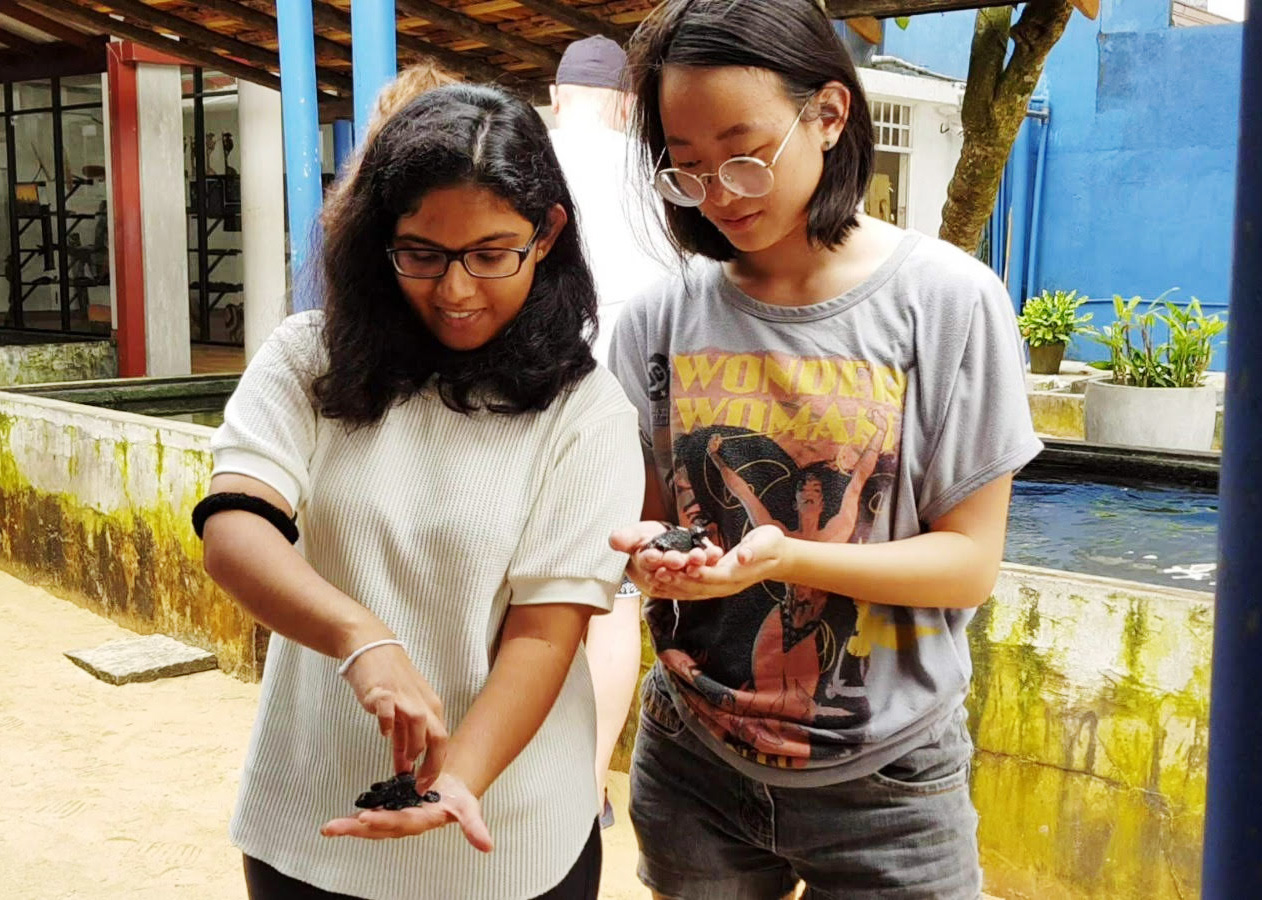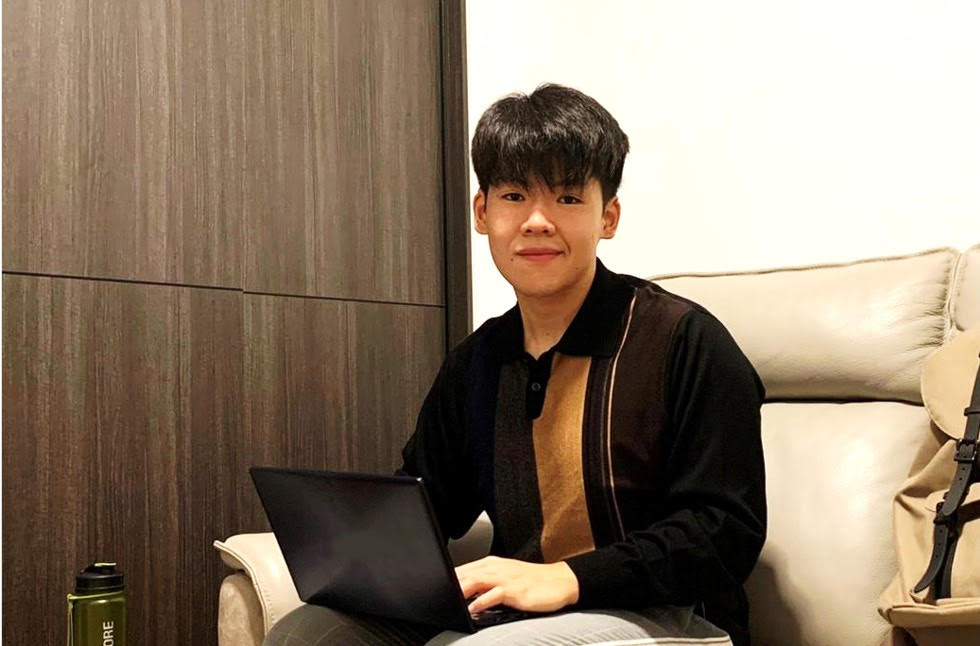Erin Tan, 19, is currently pursuing her dream of studying veterinary medicine at the University of Cambridge under a local government scholarship. This has been her goal since the age of 12, when her pet dog suffered a life-threatening kidney disease. But Erin has also long loved History – since she was in Secondary 1. Here, she shares how History equipped her with knowledge, perspectives and skills that complement other disciplines, including veterinary medicine.
History offers practical and transferrable skills
History has taught Erin critical thinking skills, which enable her to view present-day global developments with more context and perspective.
“It is difficult to fully understand what is happening in the world today without studying History. For example, it would be impossible to fully grasp the tensions between North and South Korea today without knowing how the war in Korea was fought as a proxy for the Cold War. History gives us the context for events that influence our present, and even our future,” she says.
And this applies even in the field of Science.
“Studying History helps us learn from our mistakes of the past, and if we are careful, we learn not to repeat them. For instance, this can be applicable when devising responses to outbreaks of zoonotic diseases. These are diseases transmitted from animals to humans. This learning is critical, considering that the World Health Organisation (WHO) has announced that the most likely cause of the next global pandemic will be a zoonosis,” says Erin.
 (Photo credit: Erin Tan)
(Photo credit: Erin Tan)
Erin knows that to prevent future zoonosis outbreaks, the historical records of past containment measures would need to be analysed and synthesized to help develop a better response towards such infections. And studying History has given Erin these skills.
History has also taught Erin values and socio-emotional skills, which are useful in all areas of life, including veterinary medicine.
“Qualities like empathy and perspective-taking are needed in abundance by vets, but these are traits which have been nurtured not by my training in the sciences, but by my training in History,” she shares.
“The skills I learnt from History were extremely useful to me in the jobs I took on while waiting to start university – in particular, my apprenticeship with the Corporate Philanthropy Department in Bloomberg. My role included research on local charities, delivering presentations and interacting with charities and partners. These tasks required me to utilise the skills I had gained from the process of learning History.
“Core to the History classroom was the process of inquiry. It required me to pose questions and then conduct my own process of research by selecting, organising and interrogating historical sources. Many of the skills learned in this process allowed me to effectively communicate my findings during my stint at Bloomberg. The History classroom didn’t just equip me with an appreciation of the past, but also with practical and transferable skills that are required in every industry,” she shares.
 (Photo credit: Erin Tan)
(Photo credit: Erin Tan)
Appreciating the world through History Education
History also enables students, like Erin, to appreciate diverse cultures, a key skill in today’s interconnected world.
“Being exposed to the history of various countries helps me in understanding how a country’s culture is shaped. It helps me also to relate to people of different cultures at a deeper level,” she shares.
Recently, Erin visited her best friend’s family in Sri Lanka. She didn’t know anything about the country except what her teachers had briefly touched on about Sri Lanka’s unique history during lessons. But this piqued her interest. She read up on Sri Lanka and was deeply taken with the country’s culture and traditions, especially the richness of their pre-colonial history. During her trip, she visited historical sites, such as Sigiriya Rock and Polonnaruwa with a guide, and was struck by their beauty and history. What was particularly interesting was the similarity between Sri Lanka and Singapore, both British colonies, and yet how this shared colonial past influenced the two countries in such different ways.
Cross-cultural understanding helps Erin understand the beliefs and attitudes of different countries towards various issues. For instance, she pointed out how policies and actions towards animal welfare has taken different shapes across the globe. The UK, for example, was the first country to implement laws protecting animals in 1822. She says that it is important to understand these different attitudes towards animals, so she can help countries work towards greater care of and respect for animals.
A continuing love for History
To Erin, it is possible to love both History and Science in equal measure and this can help one be a better student.
“I am not giving up on my love for History, and I believe it is something that will follow me throughout my life. During my third year of studies at Cambridge, I will have the opportunity to pursue a subject of my choice for the entire year, and I hope to study History and Philosophy of Science. I believe that it will provide me with a more holistic education, and help me understand how science has evolved and how it has been used in the past, and its relation to the wider social system,” she shares.
Many universities these days require students to maintain that balance between the Humanities and the Sciences, by offering modules from different subject areas. Just like Erin, an increasing number of students are exposed to the valuable skills and dispositions inculcated by the Humanities, which they can apply in varied fields of work.






.jpg)